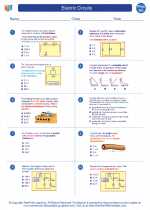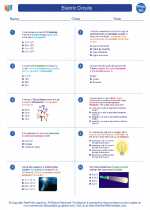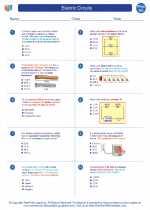Chinese Civilization
Chinese civilization is one of the oldest and most influential in the world. It has a rich history that spans thousands of years and has made significant contributions to art, science, philosophy, and technology.
Key Topics to Study
- Early Chinese Dynasties
- Confucianism and Taoism
- Chinese Inventions and Technology
- Chinese Art and Literature
- Modern Chinese Society and Culture
Early Chinese Dynasties
Early Chinese civilization was characterized by the rule of several influential dynasties, including the Xia, Shang, Zhou, Qin, and Han dynasties. Each dynasty made unique contributions to Chinese culture and society.
Confucianism and Taoism
Confucianism and Taoism are two major philosophical and religious traditions that have had a profound impact on Chinese civilization. Confucianism emphasizes moral values, social harmony, and filial piety, while Taoism focuses on living in harmony with the natural world and achieving balance.
Chinese Inventions and Technology
Chinese civilization is known for its many inventions and technological advancements, including papermaking, gunpowder, the compass, and printing. These innovations have had a lasting impact on global history.
Chinese Art and Literature
Chinese art and literature have a rich and diverse history, including traditional painting, calligraphy, poetry, and ceramics. These artistic expressions reflect the values and beliefs of Chinese society throughout the ages.
Modern Chinese Society and Culture
Modern Chinese society is a complex blend of traditional and contemporary influences. Key topics to explore include Chinese family structure, education, cuisine, festivals, and the role of technology in shaping modern Chinese culture.
Study Tips
When studying Chinese civilization, it is important to engage with primary sources, such as historical texts, artwork, and artifacts. Additionally, exploring the connections between different aspects of Chinese culture can provide a deeper understanding of its complexities and evolution over time.
[Chinese Civilization] Related Worksheets and Study Guides:
.◂Physics Worksheets and Study Guides High School. Electric Circuits

 Worksheet/Answer key
Worksheet/Answer key
 Worksheet/Answer key
Worksheet/Answer key
 Worksheet/Answer key
Worksheet/Answer key
